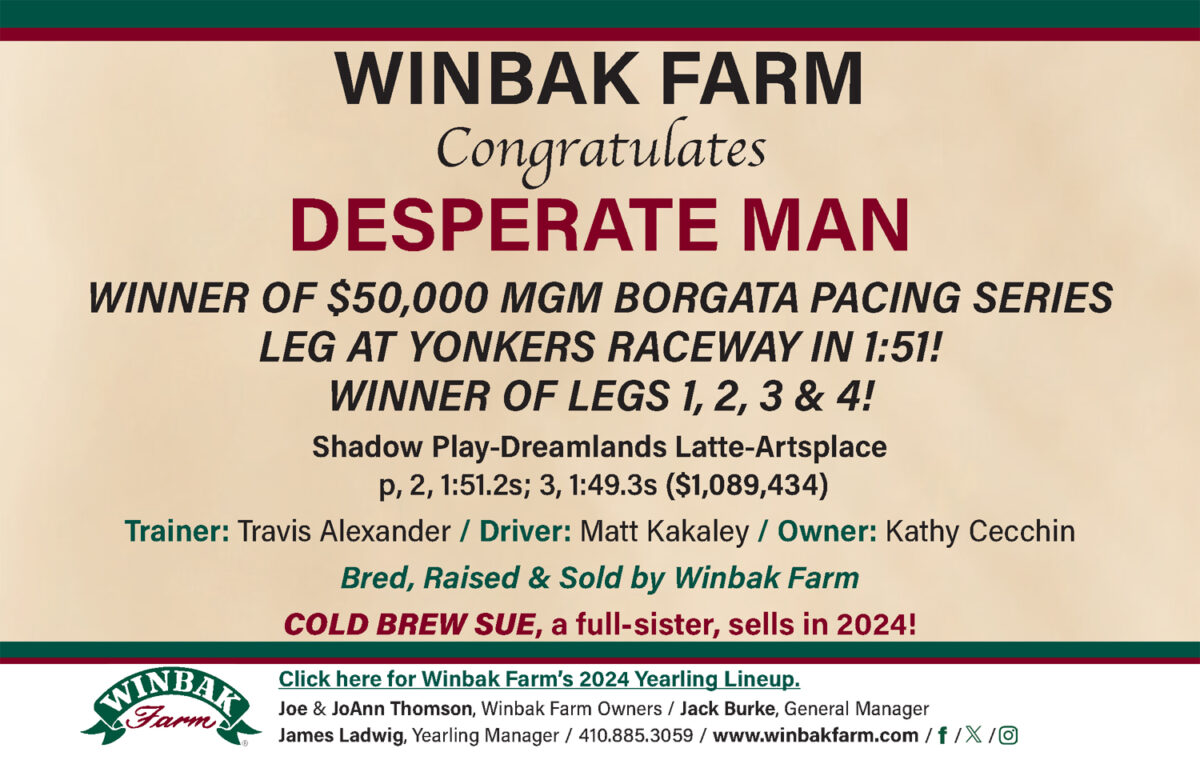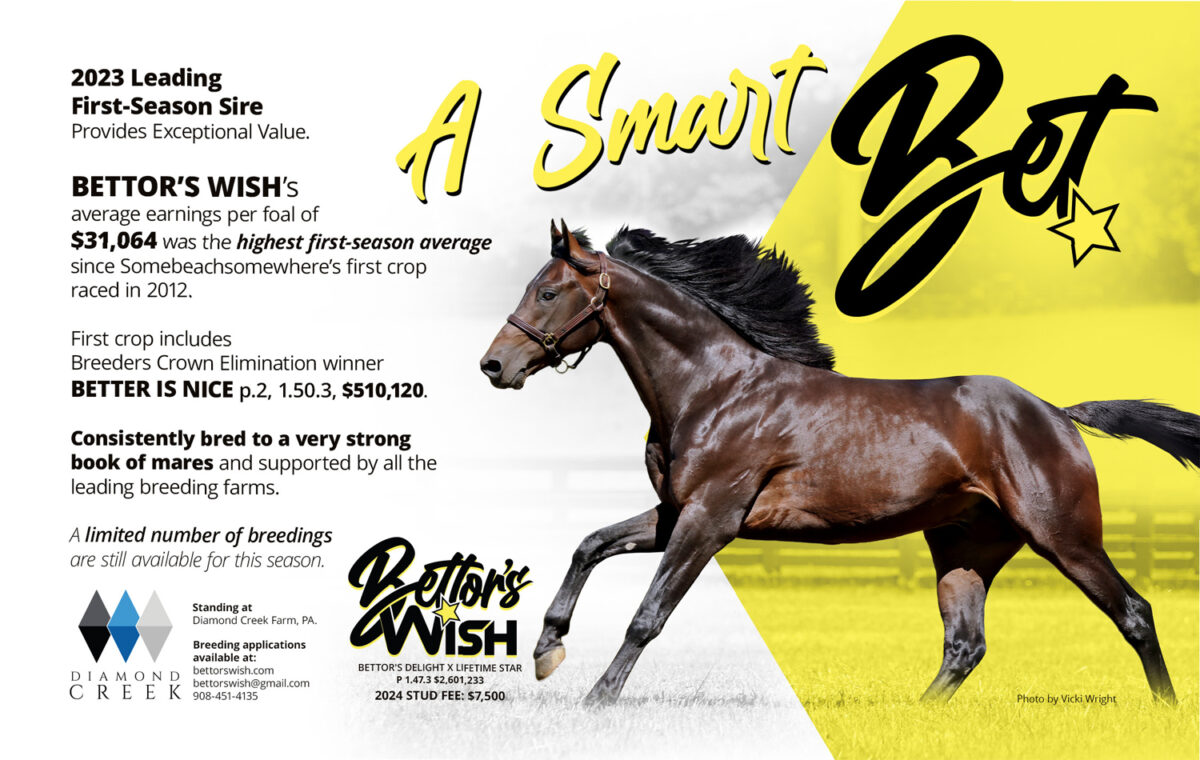

Closing the ‘personality gap’ with patrons builds on an interactive agenda
by Frank Cotolo
Racetrack management that supports liberal interaction with their customers won’t only keep the “regulars” but will attract new patrons. That’s what I was hawking last issue and in this issue I will make more suggestions on how to develop an interactive relationship, hoping that my ideas may somehow inspire members of racetrack administrations to move in the direction that eliminates the huge “personality gap” between them and their patrons.
Before I offer some possible procedures, here is a bit about the personality gap:
When I see how poorly raceway managements view their customers I realize it is not their fault as much as it is their nature. Business management personnel have not been trained in the “business” of betting on horses; they have been educated to run the theater where the audience comes to bet on horses. I do not feel I have to perform an intense modern survey or study through the ages in order to find this needle in a haystack. We can safely say that racetrack staff rarely includes the likes of their patrons. I have known many members of racetrack management and few to none of them ever made a wager on a horse race unless they had a feeling about playing a number — a birth date or an address or some number they hold sacred as their lucky one.
There is an ocean’s depth of difference between racetrack employees and racetrack patrons.
Patrons play for pleasure and/or for profit. Some are people who have devoted countless hours to the chores of playing the horses. Some are graduated experts of play. Others are students of various degrees — freshmen, sophomores and juniors. They have little to nothing in common with those who run the joint and that is all right. But it is imperative that patrons are fully acknowledged so they know the management is on their side.
The first and foremost step toward setting up interactive programs is simple: let the public know the personality gap is gone, that management is as devoted to its patrons as its patrons are devoted to the racetrack they run. Advertising and public relations are tools best employed to penetrate the patrons’ trust.
Slogans are important. Print scads of them for local distribution (in-house printing is inexpensive these days thanks to the digital gadgets you should already have in your offices). No special designs are necessary; the message in words is what counts. Here are some examples for local and on-line posting, using our usual fictional track name:
“Come bet at Delaney Downs because we’re all in this together.”
“Delaney serves bettors above all else.”
Notice I dropped the “Downs” part of the track name because it conveniently personified the track. You should play with the title of your track so it sounds less like a business and more human. Be creative; make up a nickname for the track, et al.
“Delaney delivers dollars. Bet with us.”
Yes, the word “with” because the more customers wager, the more the track makes. Delaney (and your track) is truly a partner and a partner is a friend and a friend wants a friend to do well.
Here is another good move to narrow the personality gap: As we have suggested in past columns, you should gather an in-house and on-line list of emails of people who play the races at your track. Don’t wait until you have a “large” list, whatever number you feel is large, go ahead and contact everyone on the list with something special — a personal letter from the management. Keep it casual.
Example:
Dear Bettors,
Delaney welcomes our regulars and welcomes all newcomers to this season’s racing programs. As always, we want you to profit from your plays and we are doing everything we know that may help you cash tickets.
Remember, our first and foremost objective is to help bettors win.
… And so on, directing the reader to various exclusive information (see past AA columns for some of these ideas) available on track and on line.
You want to become more like a union leader who is a member of the union and less like an elite, stuffy businessperson figure — the kind patrons on the apron imagine running the joint.
Don’t worry, you are not surrendering your business stature, you are strengthening it with the respect you will get from patrons. Realize that such a relationship between management and patron in gaming establishments do not exist. Casino management is nowhere to be found when people are putting their money at risk. No less, there is not a person in a casino that does not deplore “The House,” vis a vis, the management.
Pari-mutuel racetracks, though, can behave differently, feel differently and find ways to make patrons understand it is not in their interest to have patrons go broke.















